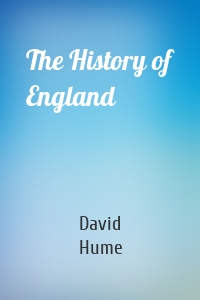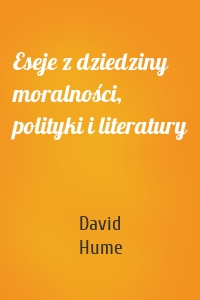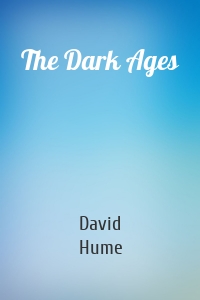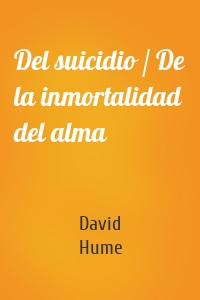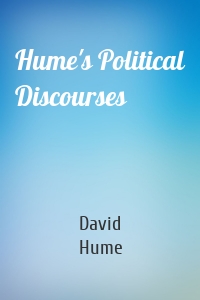David Hume
59 кн.
The Dark Ages
The Dark Ages is a historical periodization traditionally referring to the Middle Ages, that asserts that a demographic, cultural, and economic deterioration occurred in Western Europe following the decline of the Roman Empire. The term employs traditional light-versus-darkness imagery to contrast the era's «darkness» (lack of records) with earlier and later periods of «light» (abundance of records).The concept of a «Dark Age» originated in the 1330s with the Italian scholar Petrarch,...
| Автор | David Hume |
The Dark Ages
The Dark Ages is a historical periodization traditionally referring to the Middle Ages, that asserts that a demographic, cultural, and economic deterioration occurred in Western Europe following the decline of the Roman Empire. The term employs traditional light-versus-darkness imagery to contrast the era's «darkness» (lack of records) with earlier and later periods of «light» (abundance of records).The concept of a «Dark Age» originated in the 1330s with the Italian scholar Petrarch,...
| Автор | David Hume |
The Dark Ages Collection
The Dark Ages is a historical periodization traditionally referring to the Middle Ages, that asserts that a demographic, cultural, and economic deterioration occurred in Western Europe following the decline of the Roman Empire. The term employs traditional light-versus-darkness imagery to contrast the era's «darkness» (lack of records) with earlier and later periods of «light» (abundance of records).The concept of a «Dark Age» originated in the 1330s with the Italian scholar Petrarch,...
| Автор | David Hume |
The Dark Ages Collection
The Dark Ages is a historical periodization traditionally referring to the Middle Ages, that asserts that a demographic, cultural, and economic deterioration occurred in Western Europe following the decline of the Roman Empire. The term employs traditional light-versus-darkness imagery to contrast the era's «darkness» (lack of records) with earlier and later periods of «light» (abundance of records).The concept of a «Dark Age» originated in the 1330s with the Italian scholar Petrarch,...
| Автор | David Hume |
The Dark Ages Collection
The Dark Ages is a historical periodization traditionally referring to the Middle Ages, that asserts that a demographic, cultural, and economic deterioration occurred in Western Europe following the decline of the Roman Empire. The term employs traditional light-versus-darkness imagery to contrast the era's «darkness» (lack of records) with earlier and later periods of «light» (abundance of records).The concept of a «Dark Age» originated in the 1330s with the Italian scholar Petrarch,...
| Автор | David Hume |
The Dark Ages Collection
The Dark Ages is a historical periodization traditionally referring to the Middle Ages, that asserts that a demographic, cultural, and economic deterioration occurred in Western Europe following the decline of the Roman Empire. The term employs traditional light-versus-darkness imagery to contrast the era's «darkness» (lack of records) with earlier and later periods of «light» (abundance of records).The concept of a «Dark Age» originated in the 1330s with the Italian scholar Petrarch,...
| Автор | David Hume |
Essays
"Essays" by David Hume. Published by Good Press. Good Press publishes a wide range of titles that encompasses every genre. From well-known classics & literary fiction and non-fiction to forgotten−or yet undiscovered gems−of world literature, we issue the books that need to be read. Each Good Press edition has been meticulously edited and formatted to boost readability for all e-readers and devices. Our goal is to produce eBooks that are user-friendly and accessible to everyone in a...
| Автор | David Hume |
Hume's Political Discourses
"Hume's Political Discourses" by David Hume. Published by Good Press. Good Press publishes a wide range of titles that encompasses every genre. From well-known classics & literary fiction and non-fiction to forgotten−or yet undiscovered gems−of world literature, we issue the books that need to be read. Each Good Press edition has been meticulously edited and formatted to boost readability for all e-readers and devices. Our goal is to produce eBooks that are user-friendly and...
| Автор | David Hume |
Essays: Moral, Political, and Liter...
David Hume (1711-1776) is regarded as one of the most significant literary figures in the history of the Scottish Enlightenment and Western philosophy. A Scottish born historian, philosopher, economist, and essayist, Hume is especially known for his concentration in philosophical empiricism and skepticism. He is often grouped with a handful of other British Empiricists of the time such as John Locke and George Berkeley. As a strong empiricist and a prominent figure in the skeptical philosophical...
| Автор | David Hume |


